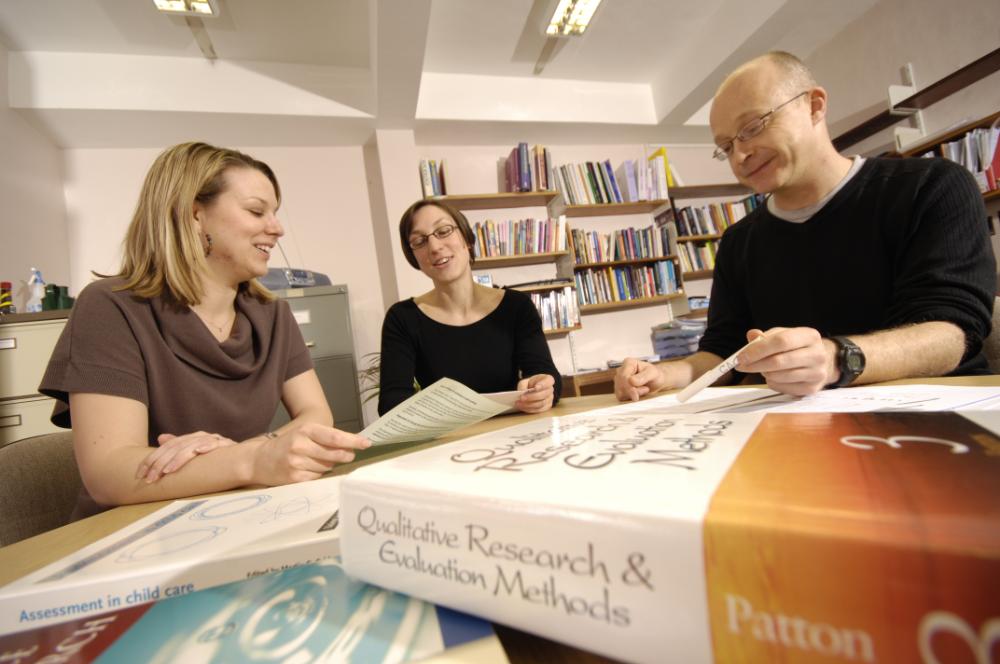Department of Sociology

Welcome to the Department of Sociology
We are 4th in the UK for research impact in REF 2021.
The Department of Sociology submitted thirty-two members of staff, comprising 30.6 Full Time Equivalent (FTE), to the REF Sociology UoA21. The submission included five Early Career Researchers and all five of the departmental research themes detailed below were strongly represented.
Advocating for fairer university admissions
Research by our Department of Sociology is helping widen access to Higher Education.
Sociology Research at Durham
For almost 60 years, Durham’s Department of Sociology has been working on theoretically informed research that makes a positive difference to the lives of individuals and communities often regarded as ‘disadvantaged’ or ‘marginalised’.
Currently, we do this in five key areas: 1) Violence and Abuse, 2) Higher Education and Social Inequality 3) Communities and Social Justice 4) Health and Social Theory, and 5) Criminal Justice, Social Harm and Inequalities.
Our academic staff are obviously hugely devoted to this work, but they do not and could not do this work on their own:
- We are highly dependent on our collaborations with our research partners – academics in other universities, voluntary and community sector groups, statutory sector organisations, people with lived experience of the topics we are researching. We work with these partners locally, regionally and internationally and their work and ideas are integral to the research questions we ask, the data we collect, the findings we share, and the change we create.
- The people support us ‘behind the scenes’ in our research are often less visible in the research process – these are our colleagues who work in our library, in research administration, in partnerships, in finance amongst others – we are all one part the jigsaw that makes research successes happen and we want to thank and recognise those who are less visible in this.
Sociology REF Impact Case Studies
Sociology submitted 3 impact case studies including abuse and university fair admissions.
Click below to read more about our case studies
Domestic Violence Perpetrator Programmes
Achieving Fairer Admission to UK Universities
Children and Young People with harmful sexual behaviour
Research Themes
Durham Sociology Department's research activity is organised around five overarching research themes: Violence and Abuse, Higher Education and Social Inequality, Communities and Social Justice, Health and Social Theory, and Criminal Justice, Social Harm and Inequalities.
Like to Know More?
Durham Sociology is home to two interdisciplinary University Research Centres – The Centre for Research into Violence and Abuse and The Centre for Social Justice and Community Action.


.png)
/prod01/prodbucket01/media/durham-university/departments-/sociology/86636.jpg)
/prod01/prodbucket01/media/durham-university/departments-/ceremonies/79480-(1).jpg)
/prod01/prodbucket01/media/durham-university/departments-/psychology/research/NSPCCNewspic.jpg)

/prod01/prodbucket01/media/durham-university/departments-/sociology/CRiVA-cloud.jpg)
/prod01/prodbucket01/media/durham-university/research-/research-centres/social-justice-amp-community-action-centre-for/Phoenix-project,-graffiti-art,-N.-Shields-(Imagine-project)).JPG)